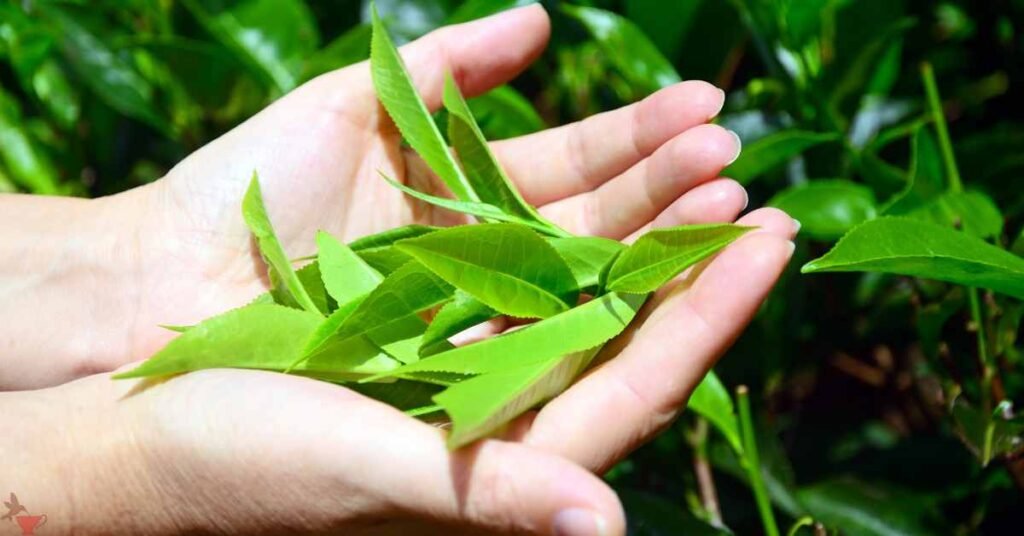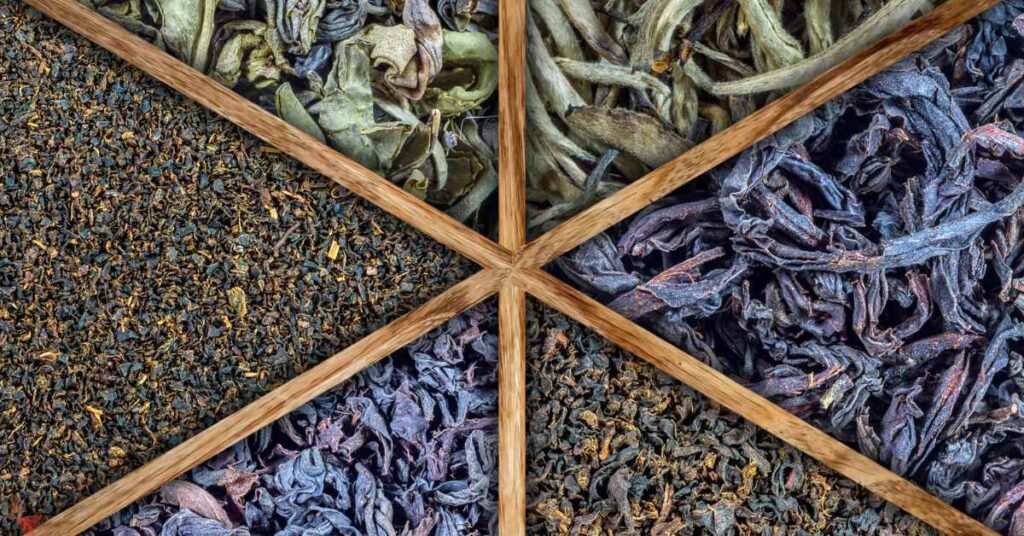Green tea, renowned for its delicate flavor and numerous health benefits, has been a staple in many cultures for centuries.
As tea leaves age, their flavor and nutritional content undergo significant changes. Understanding these transformations is essential for tea enthusiasts and health-conscious consumers alike.
The Harvest and Initial Processing

Green tea leaves are typically harvested during the first flush in early spring when the leaves are young and tender.
The freshness of these leaves is crucial for preserving their vibrant flavor and high nutritional content.
Once harvested, the leaves undergo minimal oxidation to retain their green color and fresh taste. The initial processing involves steaming or pan-firing to prevent oxidation, followed by rolling and drying.
The Impact of Aging on Flavor
Loss of Freshness
Freshly harvested and processed green tea leaves are characterized by their grassy, sweet, and slightly astringent flavor.
As the leaves age, they gradually lose these fresh, vibrant notes.
The aging process leads to the development of more muted and earthy flavors. The grassy and sweet undertones diminish, making way for a duller and sometimes slightly bitter taste.
Changes in Aroma
The aroma of green tea is also significantly affected by aging. Fresh green tea has a distinctive, fragrant aroma reminiscent of freshly cut grass and blooming flowers. Over time, this aroma fades, replaced by a more subdued scent.
The loss of aromatic compounds results in a less intense olfactory experience, which can affect the overall enjoyment of the tea.
The Impact of Aging on Nutritional Content

Degradation of Antioxidants
Green tea is renowned for its high antioxidant content, particularly catechins like epigallocatechin gallate (EGCG).
These compounds are responsible for many of green tea’s health benefits, including its anti-inflammatory and anti-cancer properties. As green tea leaves age, the levels of these antioxidants degrade.
Exposure to light, air, and moisture accelerates this degradation, leading to a significant reduction in the tea’s nutritional value.
Vitamin Content
Green tea is also a source of various vitamins, including vitamin C and several B vitamins.
The aging process negatively impacts these vitamins, particularly vitamin C, which is highly sensitive to light and air.
As the tea leaves age, their vitamin C content diminishes, reducing the overall nutritional profile of the tea.
Loss of Amino Acids
Amino acids, such as L-theanine, contribute to the unique flavor and health benefits of green tea.
L-theanine is known for its calming effects and its ability to enhance cognitive function.
Aging tea leaves experience a reduction in amino acid levels, leading to a less pronounced umami flavor and potentially diminishing some of the tea’s health benefits.
Proper Storage to Mitigate Aging Effects

To preserve the flavor and nutritional content of green tea leaves, proper storage is essential.
Ideally, the leaves should be kept in a cool, dark place in an airtight container. Vacuum sealing and refrigeration can further extend the freshness and nutritional integrity of green tea leaves.
Final Word
Aging has a profound impact on the flavor and nutritional content of green tea leaves.
The loss of freshness, changes in aroma, and degradation of key nutrients highlight the importance of consuming green tea while it is still relatively fresh.
Proper storage can mitigate some of the negative effects of aging, allowing tea enthusiasts to enjoy the full flavor and health benefits of their green tea for as long as possible.
Whether you are a casual tea drinker or a dedicated connoisseur, understanding the effects of aging on green tea can enhance your appreciation and enjoyment of this timeless beverage.
MEDICAL DISCLAIMER
Itsnevernotteatime.com cannot and does not contain medical/health advice. The medical/health information is provided for general and educational purposes only and is not a substitute for professional advice.




